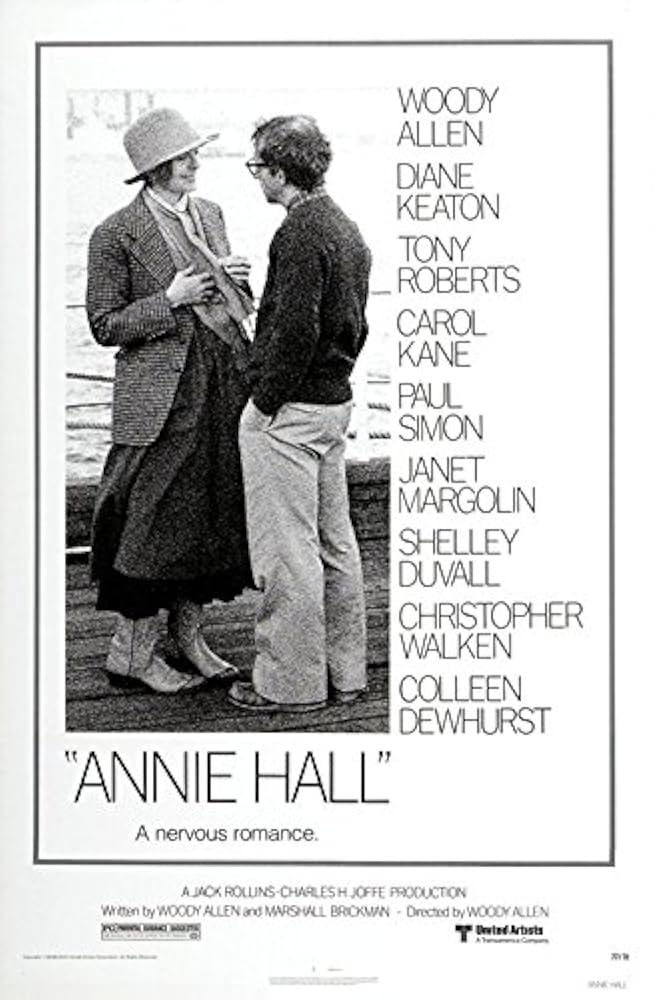Flashback to the Seventies Movies that reflect NYC
Published in the PSC CUNY Retirees Chapter Newsletters: November 2019
As a teacher at LaGuardia Community College, I always mentioned 1975 when the city seemed on the verge of bankruptcy.
That was the year when free CUNY colleges imposed a temporary tuition that became permanent. My students didn’t know this buried history for the simple reasons that they weren’t born yet and it has become invisible.
The films of the seventies captured New York City’s richness and vibrancy and reflected the problems and possibilities of its diverse inhabitants. Yet the city’s fiscal crisis and its consequences were never included as a theme.

The lead actors in the 1977 film Annie Hall were Diane Keaton as a ditsy cabaret singer from the Midwest and Woody Allen as her neurotic twice-divorced, Jewish Brooklyn-born partner. The cultural clash between these specific places and these two characters was both humorous and insightful. At the time, arguments between couples were played out in public and not in quick texts.
Saturday Night Fever released in 1977 featured a different Gotham. John Travolta’s Tony Manero was the small-town celebrity in his provincial neighborhood. His daily grind was endless in a local hardware store. At nineteen, living at home with his workingclass Italian family, his options were limited. But at the disco he sparkled, shone and strutted when he danced. In this magic place, talented Puerto Rican dancers were taunted by their ethnic rivals. In an ambiguous but dramatic scene, Tony’s friend either falls off a bridge or commits suicide by jumping in the unforgiving waters below. Although billed as a disco flick, the film conveys some of the realities of race, ethnicity and class.
Two 1978 films, Girl Friends and An Unmarried Woman, offered different insights into female lives. Girl Friends follows a struggling female photographer as she tries to chart her single life and struggles for a sense of autonomy. Unmarried Woman takes place in the more glamorous world of the Upper East Side. Here the heroine’s divorce does not derail her and she is able to move from a short time of being single into a successful second marriage.
Although not without cultural and entertainment value, the films of this period avoid addressing a decisive turning point in the city’s history. In a city known as a union town, bankers insisted on the imposition of tuition at CUNY, the layoff of thousands of public-sector workers and cuts to social services. New York became a kind of neoliberal test case for measures that would be implemented across the country. And the film industry made its contribution to historical amnesia.